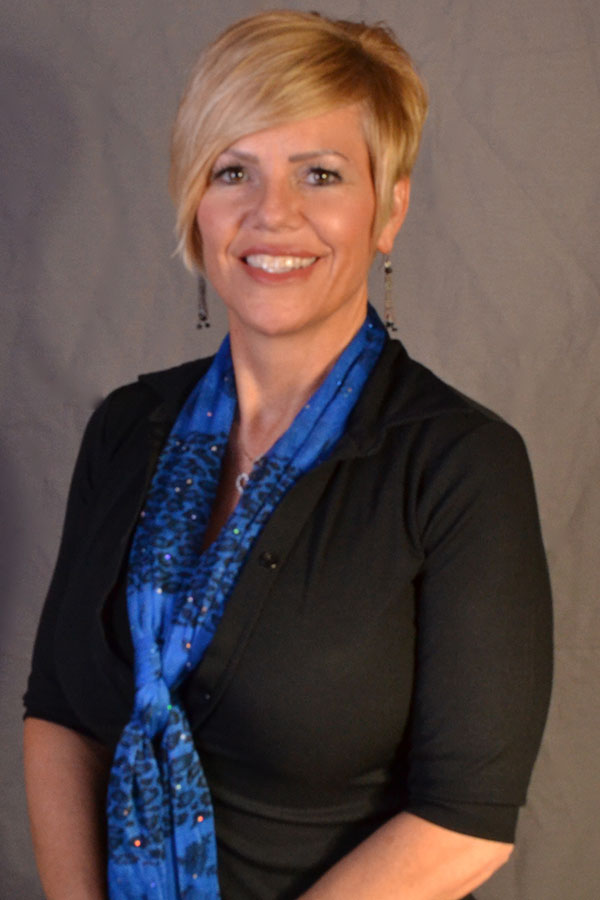COVID-19: YOU CAN’T BREAK ME!
19 Things You Can Do Right Now To Keep You Active, Connected, Healthy, and Sane During This Time Of Crisis
- Play card games.
- Start a virtual book club.
- Practice meditation.
- Take an online class.
- Foster an animal.
- Face time with friends/family.
- “Adopt” a nursing home resident and send them letters, emails, call them.
- Find your 19 favorite hits and enjoy your own dance party .
- Purge your home for the next 19 days of a bag a day of misc things you no longer need.
- For the next 19 days write down one thing your grateful for .
- Do a virtual scavenger hunt with friends/family (make a list of random things you could find around the house and scramble to be the first one done!)
- Take a run/walk outside and be with nature.
- Every day for 19 days remind your partner/child, or both if you have them, why you’re grateful for them.
- Set up a virtual house party! Dance/make a recipe/do a craft!
- Virtual funny story night! Pick a theme!
- Virtual poetry night! Pick a theme or be random!
- Start a workout program; download a great program and do virtually with a friend or on your own.
- For the next 19 days, remind yourself what you are grateful for about your job/coworkers and share with them.
- Finally-eat healthy, get enough rest, and take breaks from all the noise-turn off the news/social media etc and just breathe. Feel free to give us a call at Riverwalk (630) 848 0445. We are offering in person, as well as, Zoom (online sessions). We are here for you and we can get through this together!
Written by,
Kandee Willis, LCPC










